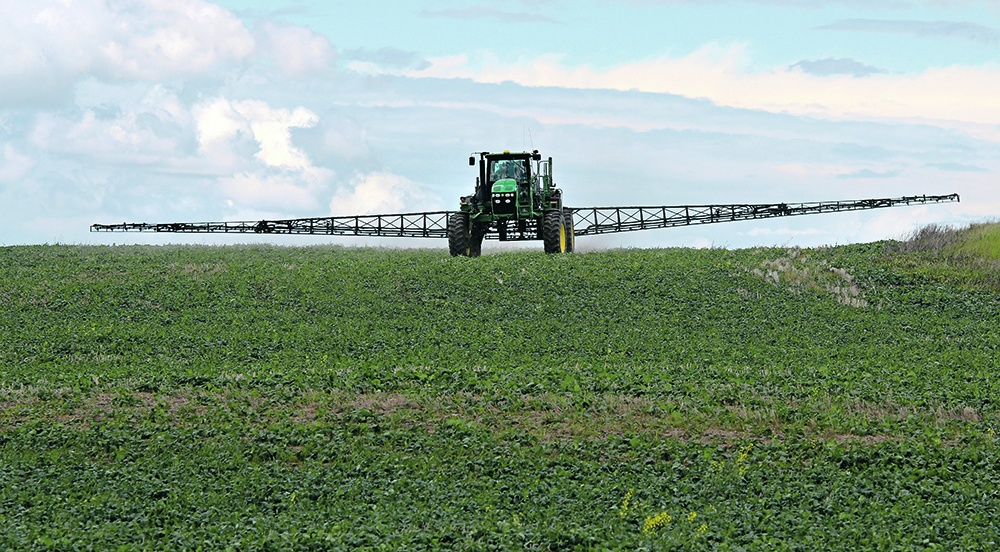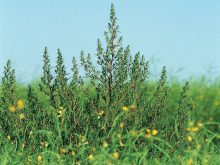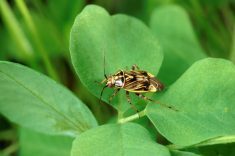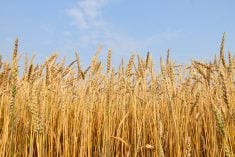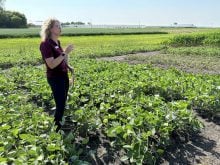The goal is to evaluate different tank mixtures that could do the same job as glyphosate and delay herbicide resistance
WINNIPEG — Fifty-nine weed species around the world have developed some resistance to glyphosate, according to data from the International Survey of Herbicide Resistant Weeds.
Countries and regions including Mexico and the European Union have come close to banning its use, based on perceptions or misperceptions of its safety and the risk to human health.
Considering these factors, Canadian farmers may need alternatives to glyphosate in the future.
A masters’ student from the University of Alberta and other researchers have been working to identify products that are just as effective.
Read Also
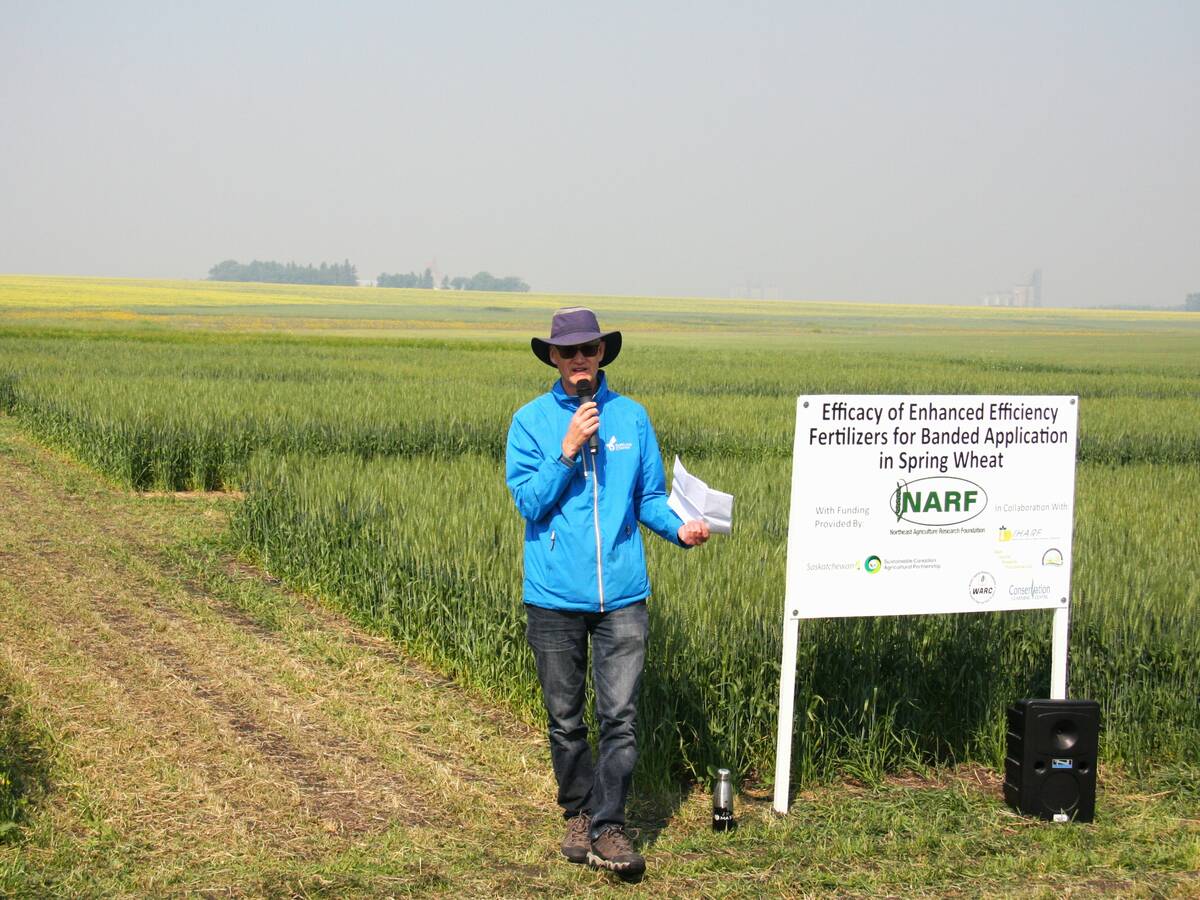
Fertilizer method’s link to emissions studied
A researcher says others studying greenhouse gas emissions aren’t considering how the loss of nitrogen into the atmosphere correlates with fertilizer application or if there is an impact to yield.
Shane Collins, a student in the department of renewable resources, has been evaluating herbicides that could replace it for application in late summer and early fall.
“At some point, farmers are going to need more options for herbicides that (they) can apply on wheat,” said Collins, who is part of a group testing herbicides in plots at Carman, Man., and sites in Saskatchewan and Alberta.
“We are hoping to come up with some tank mixtures that we can eventually use to hopefully delay herbicide resistance ….
(The) tank mixtures we use will not include glyphosate. We’re looking for herbicides that can completely replace or be an alternative to glyphosate.”
Collins shared information on the research project at a University of Manitoba plant science field day in late July at Carman. The group of researchers, which includes Guillermo Hernandez Ramirez from the U of A, have tested 13 herbicides.
They seeded hairy vetch with wheat in test plots to understand how they perform.
“Come the fall, we will apply the herbicides … and we will evaluate them on their desiccation … and weed control,” Collins said in July.
The project is in early stages, but he has identified four herbicides that could possibly be used in tank mixes to replace glyphosate. One large challenge will be the price per acre because glyphosate is relatively inexpensive.
“We’ve been in discussions about doing an economic analysis,” Collins said. “We are hoping to understand if these herbicides can be sustainable financially as well.”
Will glyphosate be used in Canada by 2040?
Answering this question could be the subject of a book. A lot depends on crop rotations, usage patterns, export markets and a list of known and unknown risks.
However, some scientists predict that glyphosate will become ineffective on major weeds in Canada and the U.S. unless growers change their habits.
In 2014, Australian weed scientist Stephen Powles said glyphosate will be “driven to redundancy” in large parts of North America.
That outcome can be different if North American farmers adopt diverse tactics to control weeds, such as weed seed destruction at harvest and strategic tillage, Powles said.
“If the (herbicide only system) is replaced by diversity, then herbicides can be much more sustainable.”




